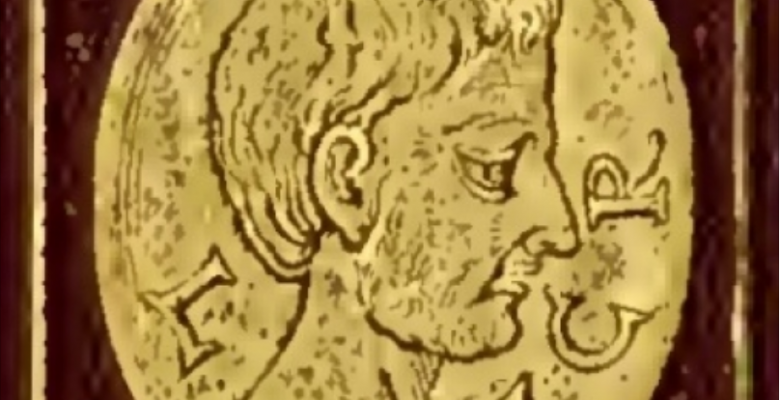Lucretius Today Podcast 243 Is Now Available
Welcome to Episode 243 of Lucretius Today. This is a podcast dedicated to the poet Lucretius, who wrote “On The Nature of Things,” the most complete presentation of Epicurean philosophy left to us from the ancient world.
Each week we walk you through the Epicurean texts, and we discuss how Epicurean philosophy can apply to you today. If you find the Epicurean worldview attractive, we invite you to join us in the study of Epicurus at EpicureanFriends.com, where we have a thread to discuss this and all of our podcast episodes.
Today we are continuing to review Cicero’s “On the Nature of The Gods,” which began with the Epicurean spokesman Velleius defending the Epicurean point of view. This week will continue into Section 26 as Cotta, the Academic Skeptic, responds to Velleius, and we – in turn – will respond to Cotta in particular and the Skeptical argument in general.
Today’s Text
XXVI. It seems an unaccountable thing how one soothsayer can refrain from laughing when he sees another. It is yet a greater wonder that you can refrain from laughing among yourselves. It is no body, but something like body! I could understand this if it were applied to statues made of wax or clay; but in regard to the Deity, I am not able to discover what is meant by a quasi-body or quasi-blood. Nor indeed are you, Velleius, though you will not confess so much. For those precepts are delivered to you as dictates which Epicurus carelessly blundered out; for he boasted, as we see in his writings, that he had no instructor, which I could easily believe without his public declaration of it, for the same reason that I could believe the master of a very bad edifice if he were to boast that he had no architect but himself: for there is nothing of the Academy, nothing of the Lyceum, in his doctrine; nothing but puerilities. He might have been a pupil of Xenocrates. O ye immortal Gods, what a teacher was he! And there are those who believe that he actually was his pupil; but he says otherwise, and I shall give more credit to his word than to another’s. He confesses that he was a pupil of a certain disciple of Plato, one Pamphilus, at Samos; for he lived there when he was young, with his father and his brothers. His father, Neocles, was a farmer in those parts; but as the farm, I suppose, was not sufficient to maintain him, he turned school-master; yet Epicurus treats this Platonic philosopher with wonderful contempt, so fearful was he that it should be thought he had ever had any instruction. But it is well known he had been a pupil of Nausiphanes, the follower of Democritus; and since he could not deny it, he loaded him with insults in abundance. If he never heard a lecture on these Democritean principles, what lectures did he ever hear? What is there in Epicurus’s physics that is not taken from Democritus? For though he altered some things, as what I mentioned before of the oblique motions of the atoms, yet most of his doctrines are the same; his atoms—his vacuum—his images—infinity of space—innumerable worlds, their rise and decay—and almost every part of natural learning that he treats of.
Now, do you understand what is meant by quasi-body and quasi-blood? For I not only acknowledge that you are a better judge of it than I am, but I can bear it without envy. If any sentiments, indeed, are communicated without obscurity, what is there that Velleius can understand and Cotta not? I know what body is, and what blood is; but I cannot possibly find out the meaning of quasi-body and quasi-blood. Not that you intentionally conceal your principles from me, as Pythagoras did his from those who were not his disciples; or that you are intentionally obscure, like Heraclitus. But the truth is (which I may venture to say in this company), you do not understand them yourself.

